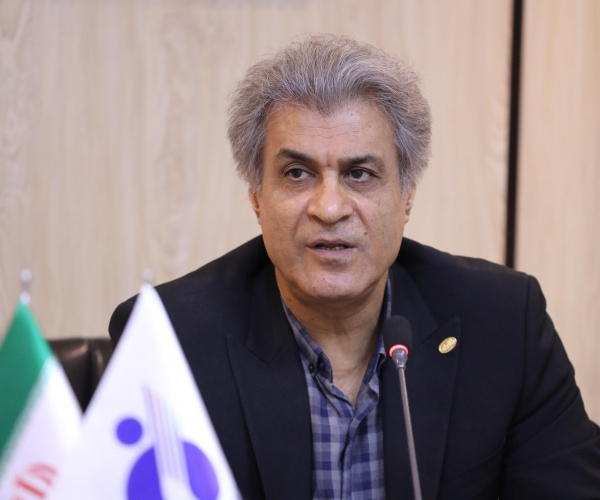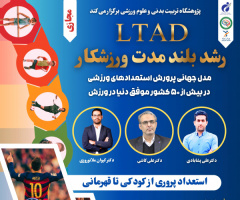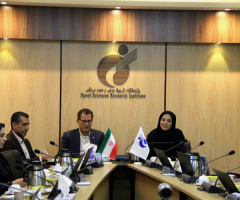Dr. Mohammad Mahdi Rahmati, a faculty member at the University of Gilan, analyzed the sociological, psychological, and historical aspects of the coexistence of sport and war in a knowledge-enhancement session titled "Activism of the University Sports

He began by discussing the negative impacts of war on sport and athletes, including event cancellations, halted preparations, and reduced morale due to closures, cancelled trips, and unsafe training conditions, which diminish the excitement and competitive atmosphere.Rahmati traced the historical roots of the relationship between sport and war, noting that physical activity has always accompanied human history and often served war purposes. For example, in ancient Olympic Games, wars were officially suspended during the games, and in Iran, traditional "Zurkhaneh" sports closely related to military rituals and physical readiness existed.He referenced sociological and psychological views, citing Freud who considered aggressive human impulses historically released via war but now channeled through legitimate sports, and Norbert Elias who discussed the civilizing process moving violence from public arenas to private, with sport representing part of this shift.
Rahmati examined both harmful and positive roles of sport in war contexts, citing Nazi Germany’s use of the 1936 Berlin Olympics for supremacist propaganda and the football war between El Salvador and Honduras, but also noting sports’ capacity to rehabilitate societal spirit, reinforce social unity, and convey cultural-political messages, such as Iranian athletes’ participation during the Iran-Iraq War and African-American protests at the 1968 Mexico City Olympics.He emphasized sport’s positive role in post-war periods as a means to rebuild friendships and reduce enmities, exemplified by peace and friendship games after Iran-Iraq War, ping-pong diplomacy between China and the U.S., and sports initiatives in conflict zones.Rahmati concluded that today’s university sports can learn from history to avoid harm and maximize their potential to strengthen national identity, social cohesion, and cultural development. Producing scientific literature on sport-war coexistence can clarify future policies and reinforce sport’s role in sustainable development and international peace





Your Comment :